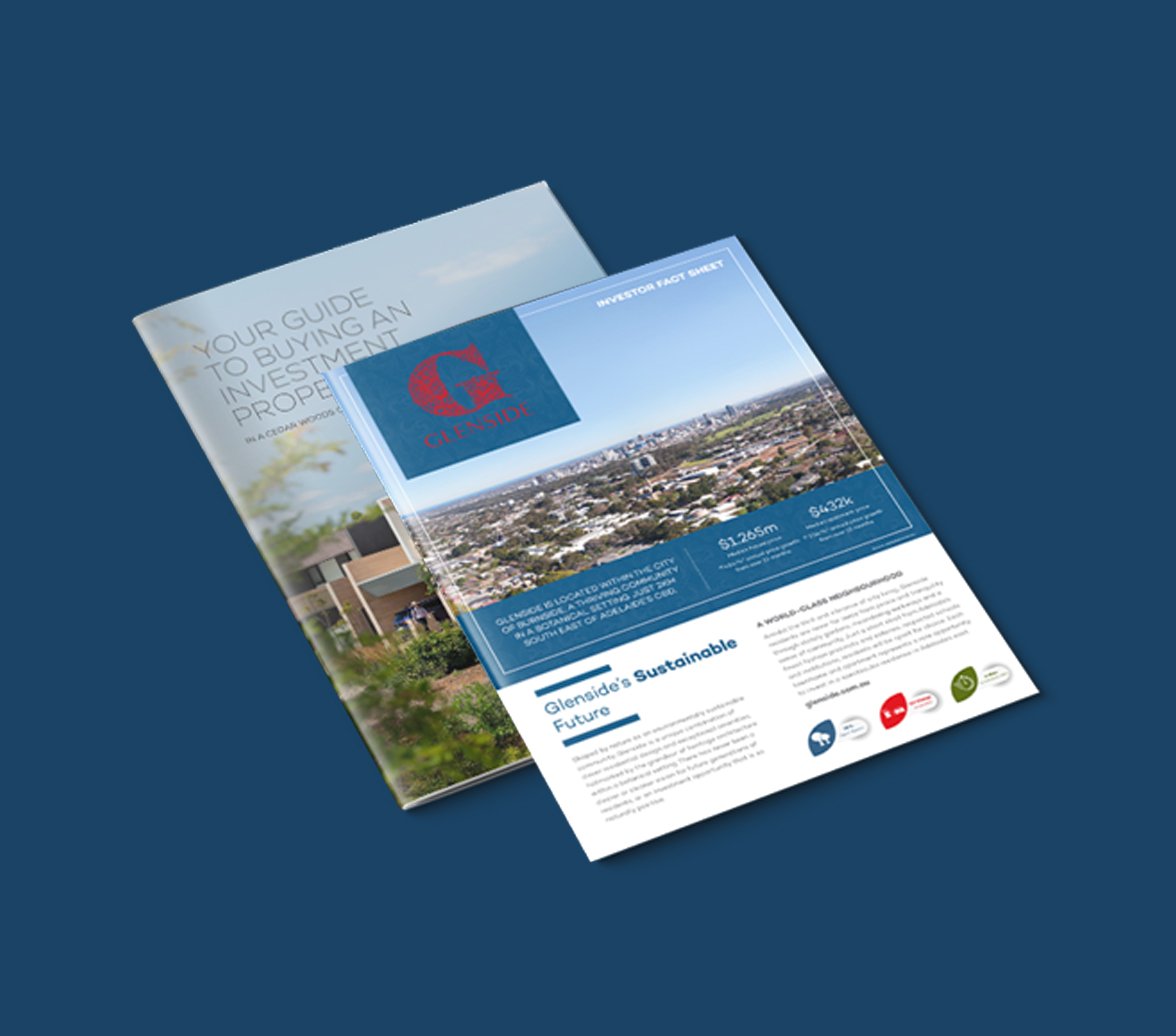Written by
Sep 5, 2025 11:15:00 AM

Buying a home is an exciting milestone but it also comes with complex legal steps that can feel overwhelming. One of the most important of these is conveyancing, the process that ensures a property is legally transferred into your name.
Whether you’re a first-time buyer or an experienced investor, understanding how conveyancing works can give you confidence when navigating the property settlement process.
What is Conveyancing?
Conveyancing is the legal transfer of ownership of land or property from one party to another. In Australia, conveyancing is required for every property transaction, and it generally takes place across three key stages:
- Pre-contract – reviewing and preparing documents before an agreement is signed.
- Pre-completion – carrying out searches, checks and steps leading up to settlement.
- Post-completion – ensuring ownership is correctly recorded and final obligations are met.
Missing any of these steps can delay or even derail settlement — which is why professional guidance is so valuable.
What Does a Conveyancer Do?
A conveyancer is a licensed professional who specialises in property law and the transfer of ownership. Some conveyancers are also solicitors, but not always.
Conveyancers can:
- Provide expert advice on the legal requirements of buying and selling property.
- Prepare and lodge documents such as the contract of sale and memorandum of transfer.
- Research the property title and check for easements or restrictions.
- Securely hold your deposit in a trust account.
- Calculate rate and tax adjustments.
- Represent your interests during settlement and liaise with banks, agents and the other party’s representative.
A solicitor who specialises in property law (often called a conveyancing solicitor) can perform all of the above and also draw on broader legal expertise if needed.
How Conveyancing Helps Buyers and Sellers
For Buyers
A conveyancer will:
- Guide you through contracts and legal paperwork.
- Investigate the property title for potential issues.
- Ensure settlement payments are handled correctly.
- Act on your behalf during settlement and keep you informed every step of the way.
For Sellers
A conveyancer will:
- Handle requests from buyers and their representatives.
- Ensure your interests are protected during negotiations and settlement.
How Much Does Conveyancing Cost?
The cost of conveyancing in Australia typically ranges between $800 and $2,500 for a standard residential property. Fees vary depending on whether you hire a conveyancer or solicitor, as well as the complexity of the transaction.
If the sale or purchase is straightforward, a licensed conveyancer is usually sufficient. For more complex matters, engaging a solicitor may be a wise investment.
When Should You Hire a Conveyancer?
It’s recommended to engage a conveyancer or conveyancing solicitor whenever you are:
- Buying or selling a property.
- Subdividing land.
- Updating a property title (e.g. following a death).
- Registering, changing or removing an easement.
How to Find the Right Conveyancer?
Finding the right professional is key to a smooth property settlement. Start by asking friends, family or your real estate agent for recommendations. You can also research online and compare professionals in your area.
When speaking to potential conveyancers, ask:
- Are you a member of the Australian Institute of Conveyancers?
- What types of property do you specialise in?
- What are your fees, and what other costs should I expect?
- How often will you communicate with me during the process?
- What should I expect on settlement day?
Why Professional Conveyancing Matters?
While DIY conveyancing is possible, it is not recommended unless you’re highly experienced in property law. Licensed conveyancers and solicitors not only provide expertise but also carry professional indemnity insurance offering peace of mind if something goes wrong.
When you’re making one of the most significant investments of your life, professional conveyancing ensures every detail is taken care of so that settlement day goes smoothly.
Key takeaway: Conveyancing is essential to protect your interests when buying or selling property. With the right conveyancer by your side, you’ll have confidence knowing the legal process is managed correctly from start to finish.
Ready to Take the Next Step?
If you’re looking to purchase your next property, explore our Glenside Apartments and discover what makes Cedar Woods a trusted name in Australian property.
Disclaimer: The information provided here is general in nature and does not take into account your personal goals, financial situation or needs. Some content may be provided by third parties, and we are not responsible for its accuracy or reliability. We make no guarantees about the information and accept no liability for any errors or omissions. Before making any decisions, we strongly recommend seeking independent professional advice.




